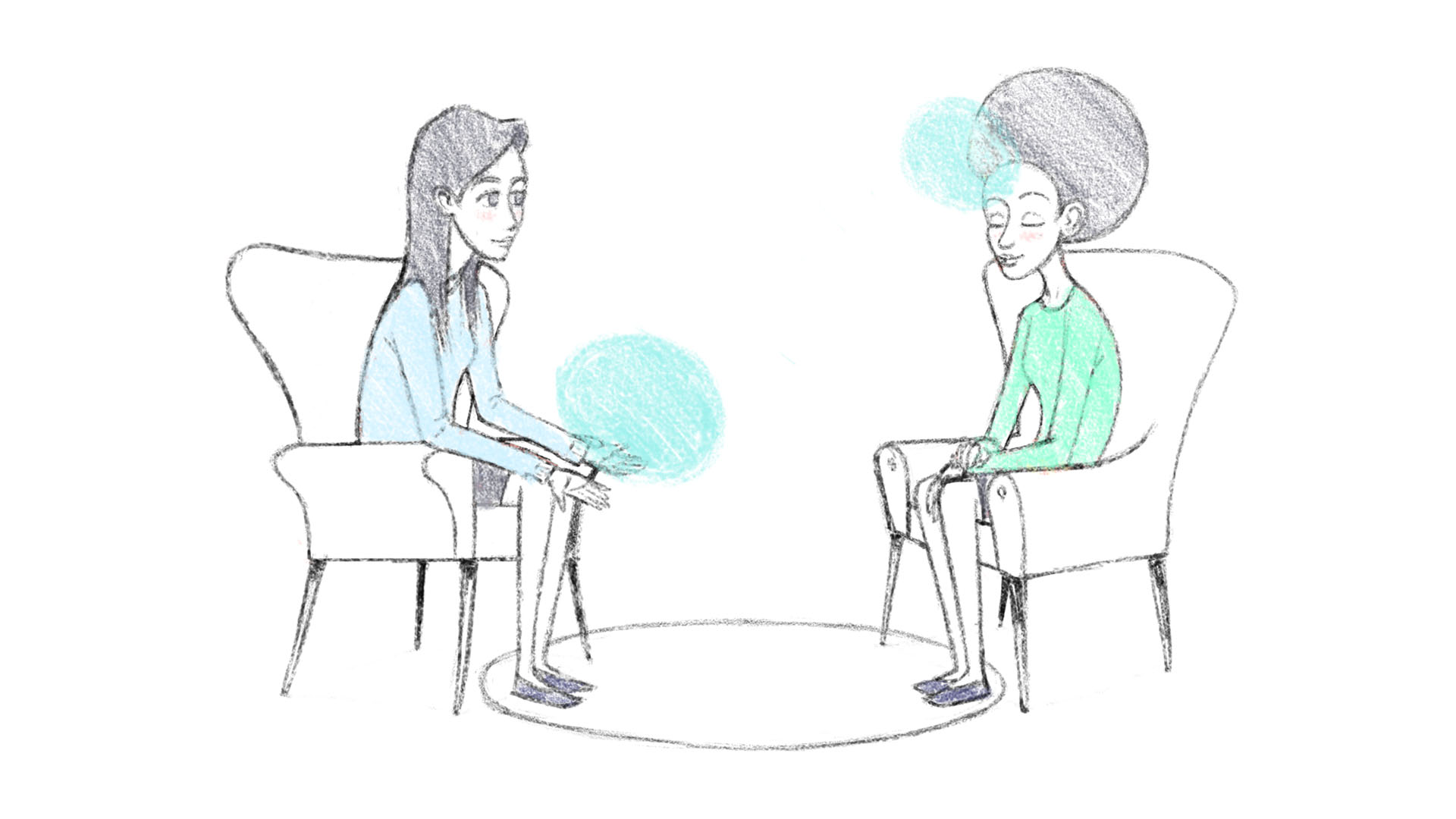In recent years, there has been a significant cultural shift towards encouraging openness about mental health. We are urged to speak out, share our struggles, and seek support from others. The hope is that by breaking the silence, we can create a more compassionate and understanding world. However, this push for vulnerability can sometimes feel like a double-edged sword. While openness can foster connection and healing, it can also leave us exposed to judgment, misunderstanding, and even exploitation.
The Reality of Vulnerability
Being vulnerable is often portrayed as an act of courage—and it is. To open up about your mental health requires bravery, especially in a world that has long stigmatized mental illness. However, the reality is that vulnerability does not always guarantee a supportive response. Some people may react with discomfort, judgement, or even see your openness as a sign of weakness or failure. In a professional setting, colleagues might misconstrue honesty about mental health struggles as an inability to handle stress or responsibility. In personal relationships, friends or family may feel uncomfortable or overwhelmed, not knowing how to respond or support you effectively.
It’s important to acknowledge these risks. Being aware of them does not mean we should avoid vulnerability altogether, but rather that we should approach it thoughtfully and with self-care in mind.
Understanding the Risks
- Judgment and Misunderstanding: Not everyone will understand your experiences, and some may respond with judgment or stereotypes about mental health. They might see your openness as a weakness or believe that mental health struggles are a sign of personal failure rather than a challenge that can affect anyone.
- Exploitation and Manipulation: Unfortunately, some individuals might use your vulnerability against you. In competitive environments, revealing your struggles could be seen as a tactical disadvantage. In personal relationships, someone might exploit your openness to manipulate or control you.
- Isolation and Disconnection: Ironically, being open can sometimes lead to feelings of isolation. If the response to your vulnerability is negative or dismissive, it can feel like you’re more alone than ever. This can discourage further attempts to seek support.
Navigating Vulnerability Safely
So, what can we do when being open about our mental health feels like a risk? How can we balance the need for connection with the need to protect ourselves?
- Choose Your Audience Wisely: Not everyone deserves to hear your story. It’s crucial to discern who in your life is likely to respond with empathy and who might not be equipped to offer the support you need. Start by sharing with those you trust deeply—those who have shown themselves to be compassionate and non-judgmental.
- Set Boundaries: Being open about your mental health doesn’t mean you have to share everything with everyone. It’s okay to set boundaries around what you share and with whom. If someone responds negatively, remember that their reaction is not a reflection of your worth or your right to express yourself. You have the power to decide what and how much to share.
- Seek Professional Support: Sometimes, the best place to start being open about your mental health is with a professional who is trained to offer support, such as a therapist or counsellor. They can provide a safe space to explore your feelings and experiences without fear of judgment.
- Cultivate Self-Compassion: When faced with negative reactions, it’s easy to internalize them and start doubting ourselves. Cultivating self-compassion can help counteract these feelings. Remind yourself that your experiences are valid, and it’s okay to seek support.
- Join Supportive Communities: There are many communities, both online and offline, where people share their mental health experiences. These communities can provide validation, understanding, and practical advice. Being part of a group that “gets it” can be incredibly empowering.
The Strength in Vulnerability
Despite the risks, there is undeniable strength in vulnerability. When we share our stories, we humanize ourselves and others, breaking down the barriers that stigma creates. Vulnerability allows us to connect on a deeper level and build genuine, supportive relationships. It also helps to normalize mental health struggles, making it easier for others to open up and seek the help they need.
However, it’s also important to remember that you are not obligated to share your story. Your mental health journey is personal, and how you choose to navigate it is entirely up to you. If you decide to be open, do so on your terms, with people who have earned your trust.
In a world that often feels isolating and judgmental, choosing vulnerability can be an act of defiance and self-love. It can be a way to reclaim your narrative, find your tribe, and assert your right to be seen and heard. But remember, it’s also okay to protect yourself and seek safety in privacy when needed. Ultimately, the path you choose should honour your needs, your boundaries, and your well-being.
Being vulnerable about mental health can be both rewarding and challenging. It requires a balance between openness and self-protection, between seeking connection and safeguarding our well-being. As we navigate this complex landscape, let’s remember that vulnerability is not a sign of weakness but of strength. And whether we choose to share or stay silent, our experiences remain valid, our struggles are real, and we are not alone.

